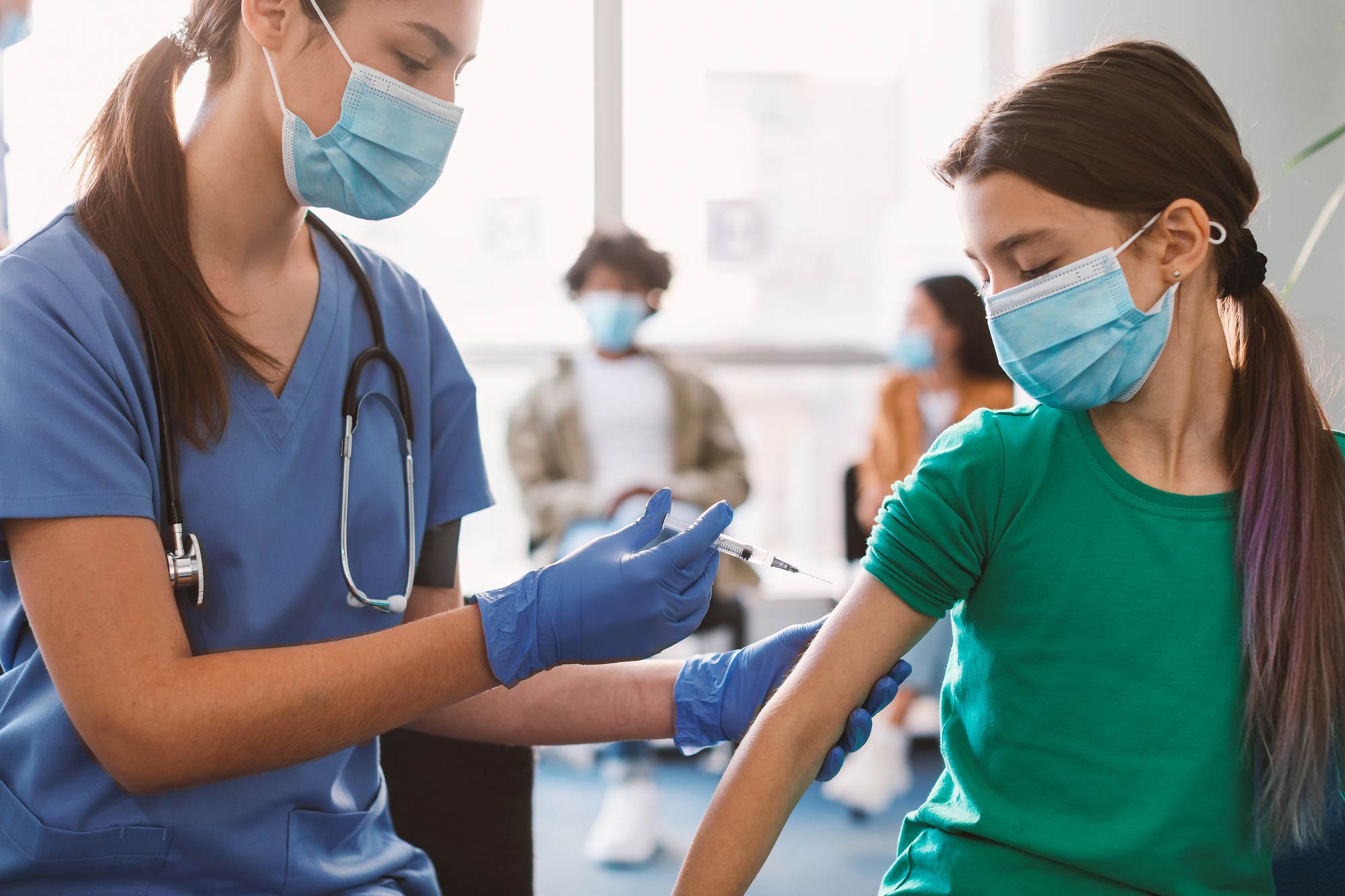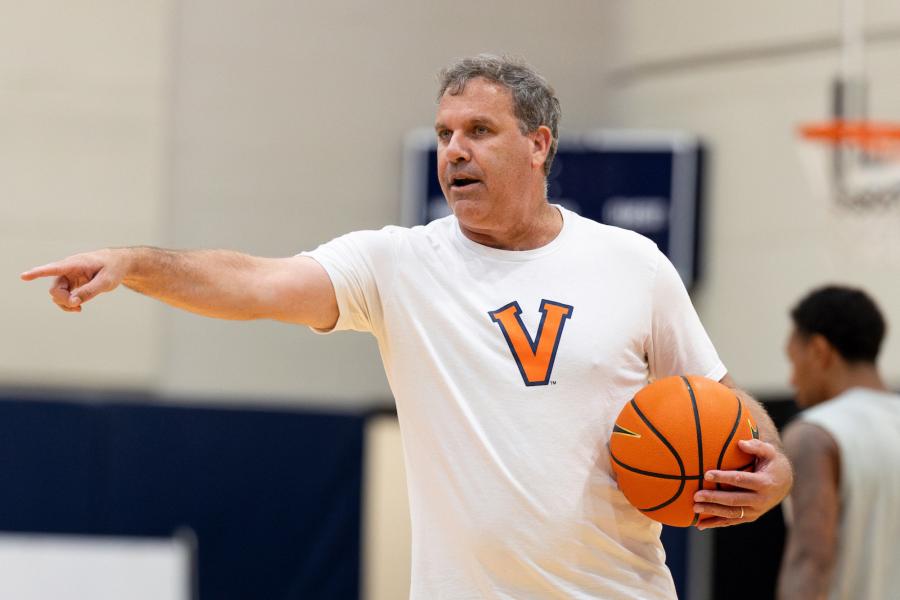COVID-19 case numbers are rising again in the U.S. – including among children. In mid-May 2022, the Food and Drug Administration authorized a booster shot of the COVID-19 vaccine for U.S. children ages 5 to 11, and the Centers for Disease Control and Prevention followed by recommending a booster shot for this age group.
Naturally, many parents are wondering about the importance and safety of a booster shot for their school-age children. For The Conversation, Debbie-Ann Shirley, a pediatric infectious disease specialist at the UVA Health, answers some common questions about COVID-19 and booster shots in kids that she hears in her practice and explains the research behind why booster shots are recommended for children ages 5 to 11.
1. How important is a booster shot for children?
COVID-19 is generally milder in children than adults, but severe disease can occur. As of late May, more than 15,000 children ages 5 to 11 [nationwide] have been hospitalized with COVID-19 and 180 children have died. During the height of the recent winter surge of the highly transmissible omicron variant, 87% of the children in the 5-to-11 age group who became hospitalized with COVID-19 were unvaccinated.
In addition, the rare but serious condition that can follow in the weeks after COVID-19 infection, known as multisystem inflammatory syndrome in children, or MIS-C, most commonly occurs among children ages 5 to 11. Over 3,800 cases of MIS-C have been reported in that 5-to-11 age group, and 93% of the children who developed this complication were unvaccinated.
For some vaccines – including those for COVID-19 – effectiveness wanes over time. Booster shots help to bolster the immune response. Several childhood vaccines, such as the tetanus and diphtheria vaccines, require booster shots.
COVID-19 boosters have been shown to improve waning protection in adolescents and adults. Side effects are similar to those reported with the initial series. The risk of myocarditis, or heart inflammation – a rare side effect that can occur following COVID-19 vaccination – seems to be less after a third dose than after the second.
2. How well is immunity holding up from the initial COVID-19 shots?
When administered to children 5 to 11 years old, the Pfizer-BioNTech vaccine generated levels of antibody response similar to that in 16- to 25-year-olds in a clinical trial, which was the basis for the FDA’s initial authorization of the shots in October. But studies after the shots were authorized found that vaccine effectiveness rapidly waned in the 5-to-11 age group during the omicron surge. Despite that, the shots continued to be protective against severe disease and hospitalization.
Vaccination has also been shown to be highly protective against multisystem inflammatory syndrome in children.





